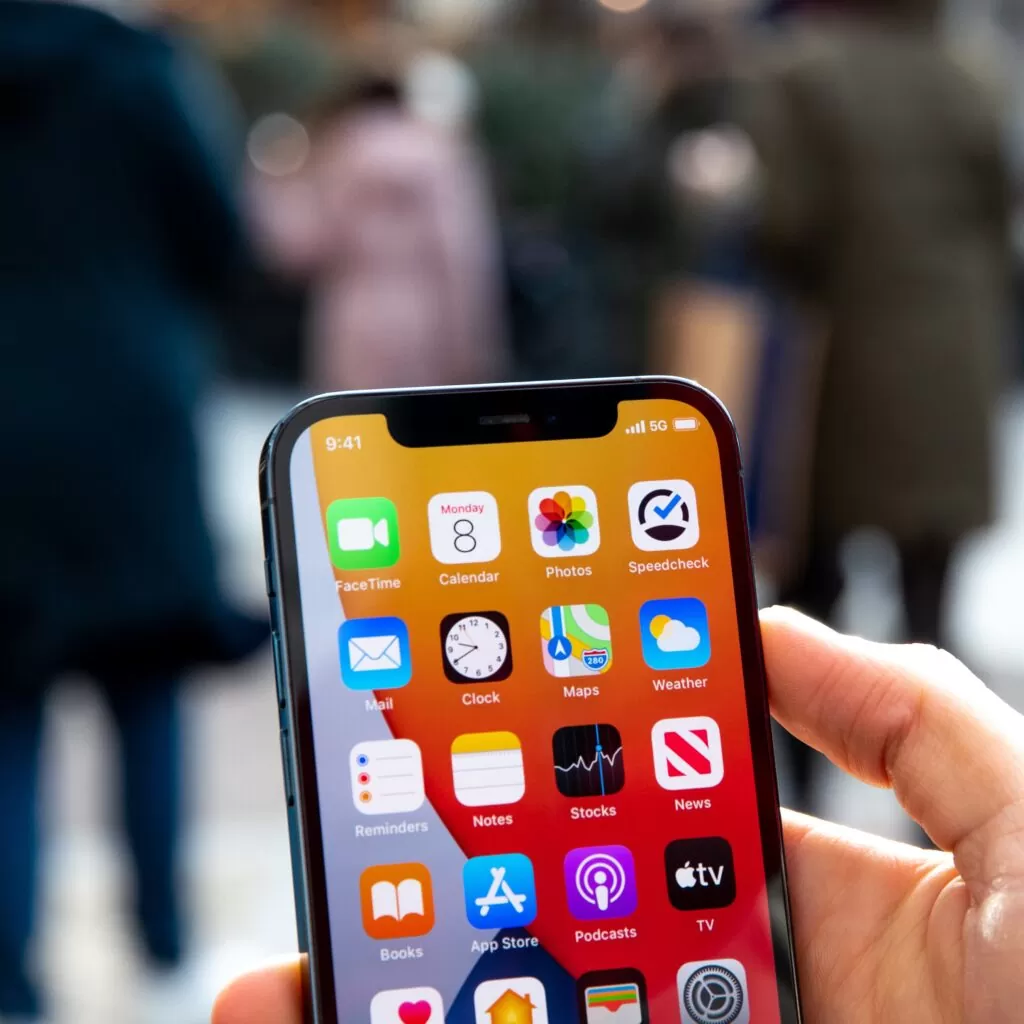In the modern technological landscape, innovation is driven by the sharing of ideas and technologies. In this context, essential patents and the licensing terms under which they are made available play a crucial role. The FRAND (Fair, Reasonable, and Non-Discriminatory) model acts as a facilitator of this sharing, catalyzing continuous innovation. This article aims to elucidate the importance of essential patents, offering a detailed overview of their functionality and application in modern industry.
What Are Essential Patents?
Essential patents are comparable to secret recipes in the world of technology and industry. Imagine wanting to bake a cake, and to do so, there's a basic recipe that everyone must follow for the result to be recognized as a cake. This basic recipe is similar to an essential patent in the cake world. Without access to this recipe, you wouldn't be able to make a cake recognizable and enjoyable by everyone.
Translating this analogy to the industrial or technological environment, essential patents represent the "recipes" or fundamental instructions that facilitate the creation of products or services that meet established industry standards. Taking mobile phone technology as an example, essential patents protect the basic technologies needed to connect phones to mobile networks. Without the use of these patents, developing a smartphone capable of making and receiving calls or accessing the internet via mobile networks would be an impossible task.
Patent Licensing
Licensing is the process by which a patent holder allows others to use, develop, or sell the patented technology. This promotes collaboration and continuous innovation in the industry. Fair licensing is crucial to maintaining a balanced and innovative business environment.
Essential Patents: The Basis of Innovation
Essential patents, such as those related to 4G and 5G technologies, are crucial to the development and operation of mobile devices. Without proper licensing of these patents, it would be virtually impossible for companies to develop products that integrate with these networks.

Open Access through FRAND Licensing
A distinctive feature of essential patents is that they are available to any interested company upon payment of licensing fees under FRAND (Fair, Reasonable, and Non-Discriminatory) terms. This means that if a company wishes to use a patent deemed essential, it is free to do so, provided it pays a licensing fee established under fair and reasonable conditions. This principle promotes equity and accessibility in the technology ecosystem, ensuring that companies of all sizes can compete and innovate.
FRAND Terms
The term FRAND refers to a set of guidelines aimed at ensuring that the licensing of essential patents is conducted in a fair, reasonable, and non-discriminatory manner. These principles are central to promoting competitiveness and innovation.
Fair and Reasonable
FRAND terms ensure that licensing fees are fair and reasonable. For example, when setting licensing fees for 5G technology, it is essential that these fees reflect the true value of the technology without being prohibitive for new market entrants.
Non-Discriminatory
The non-discriminatory nature of FRAND terms ensures that all companies, large and small, have access to essential patents. This allows startups and smaller companies to compete fairly in the market, as is the case with new companies entering the IoT (Internet of Things) device market.

Significant Impact on Competition and Innovation
Essential patents act as the basic building blocks needed for all companies to develop their own innovative products. Therefore, they are often made available to other companies under FRAND terms, allowing the industry to advance and innovate collectively while recognizing and rewarding the creators of fundamental technologies.
Conclusion
In addition to fostering technological advancement, essential patents foster a healthy competitive environment, allowing diverse companies to develop their own innovative products and services based on a common knowledge and technology base. Therefore, essential patents and the FRAND model stand out as fundamental pillars for driving technological progress in the modern era, creating a climate conducive to continuous innovation and fair competition.
- The Meta Wall: Banning ChatGPT to Crown 'Meta AI' on WhatsApp
- Digital ECA and the New Legal Architecture for Minors in the Digital Environment: A Complete Guide
- Artificial Intelligence Regulation in Vietnam: A Mirror for Brazil's Challenges
- Folha vs. OpenAI: The Battle for Copyright in the Age of AI Comes to Brazil
- Law 15.123/2025 and deepfake: a new milestone in psychological violence with AI

